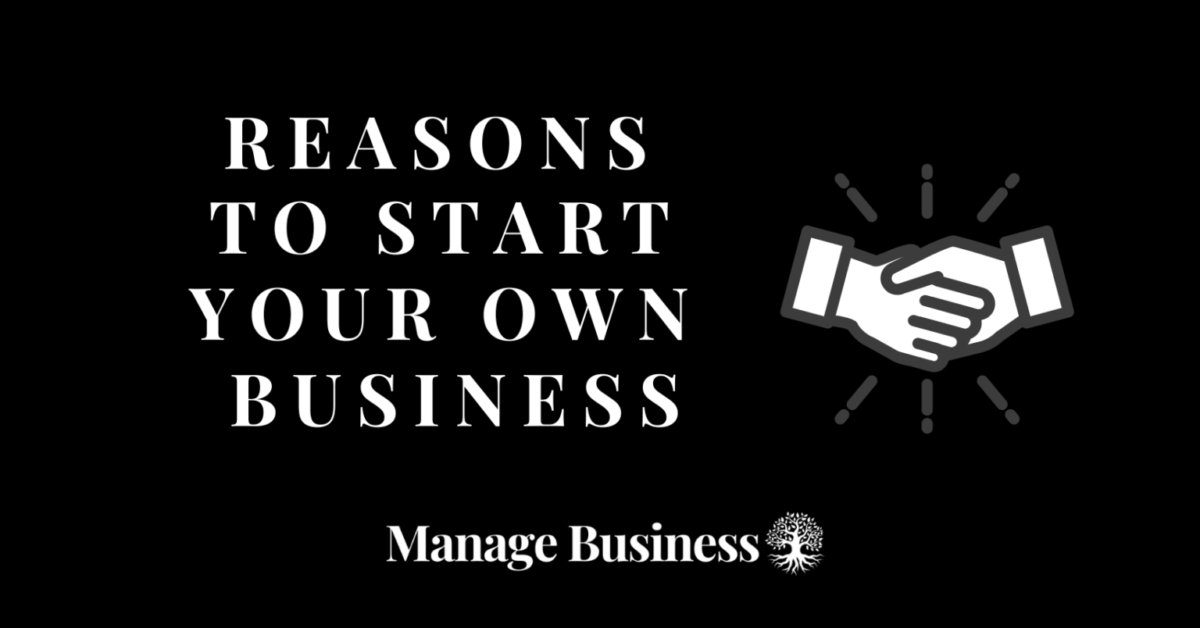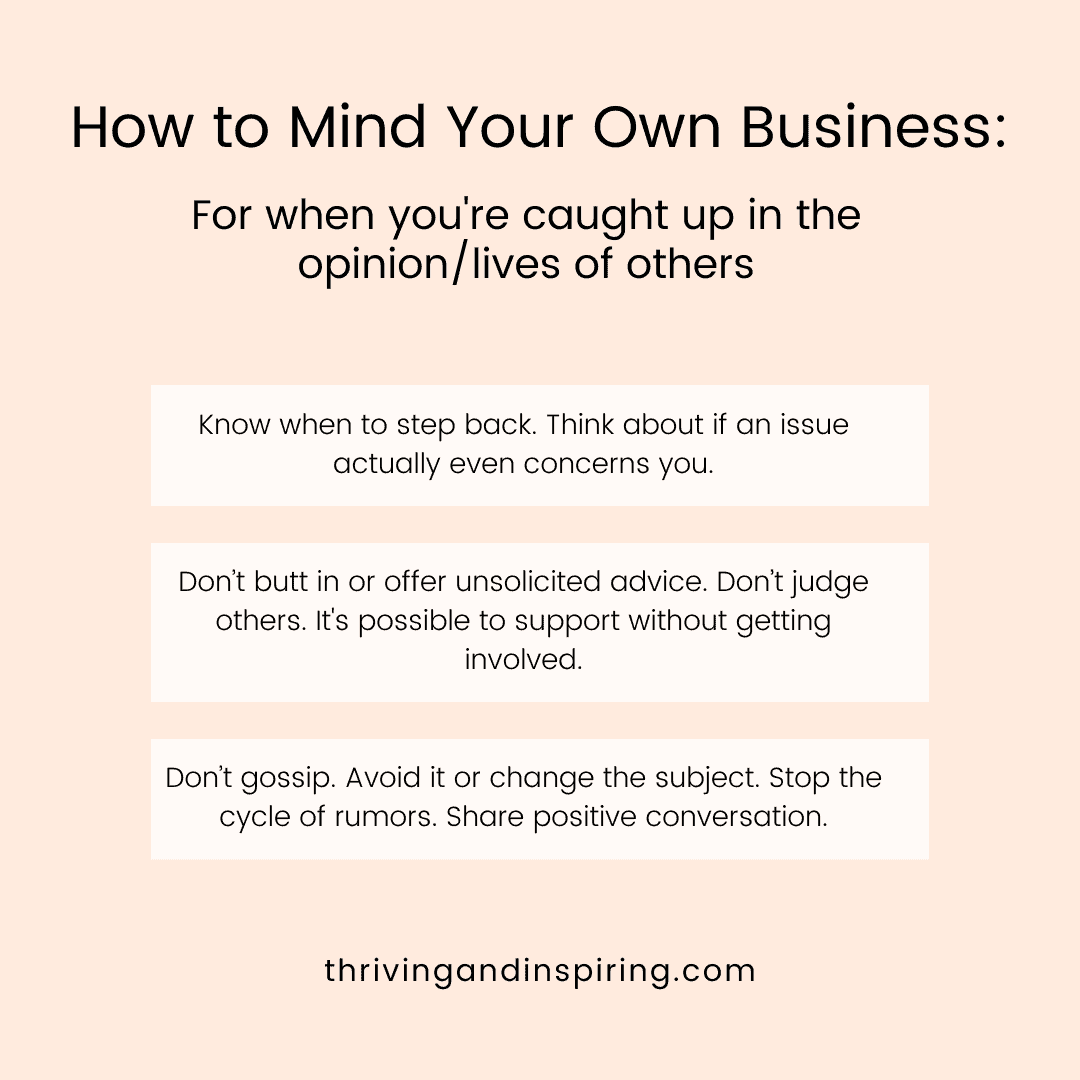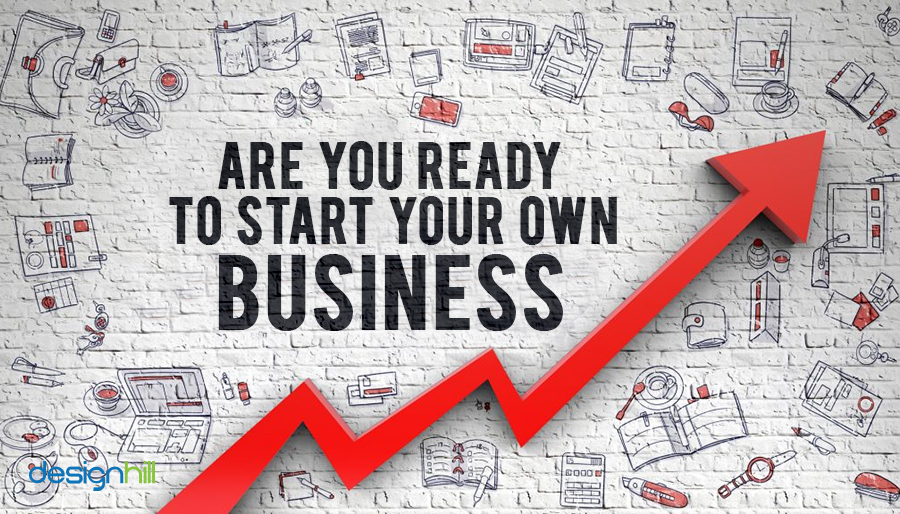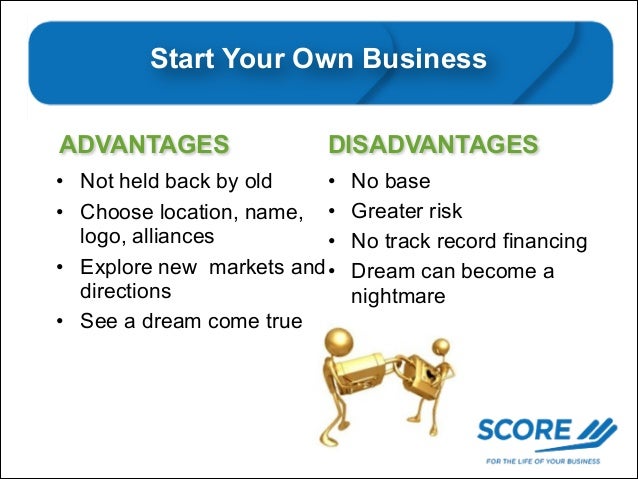Why Having Your Own Business Is Better
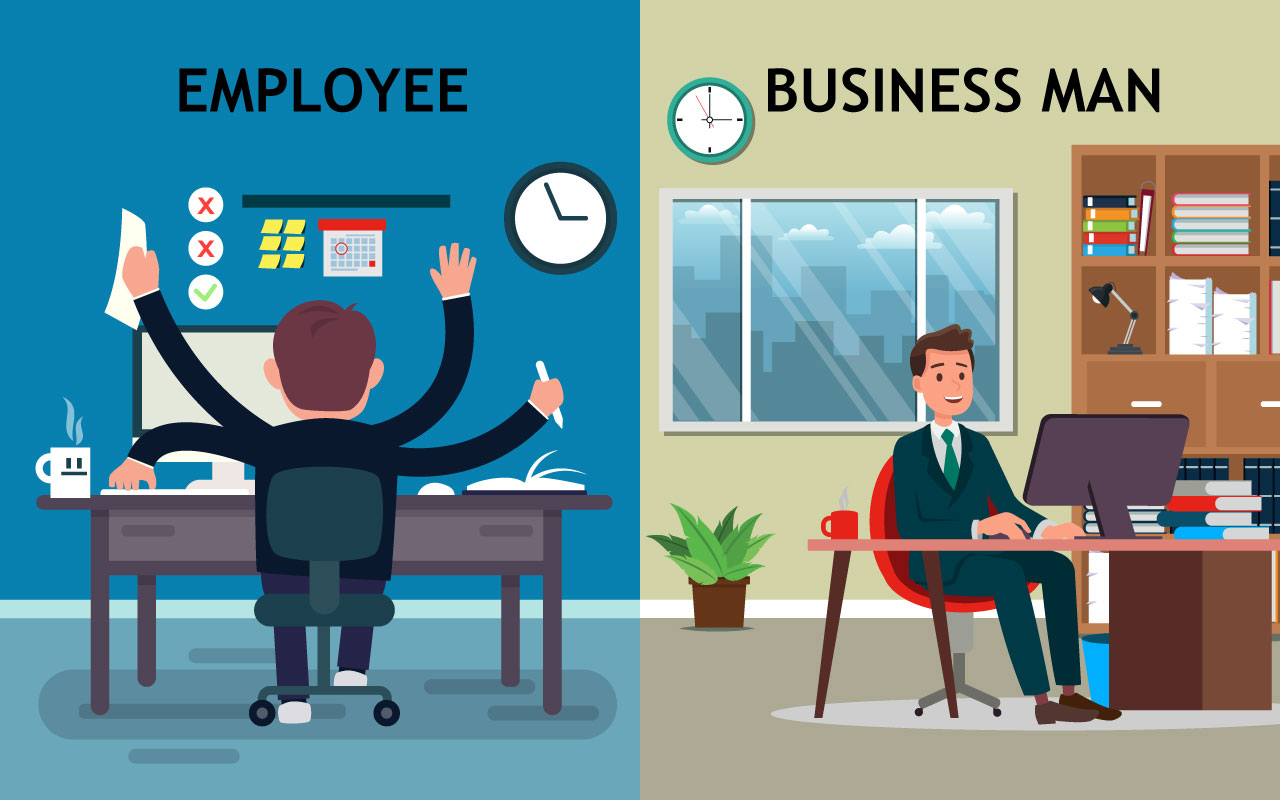
The allure of being one's own boss continues to draw individuals towards entrepreneurship. Many dream of breaking free from traditional employment, but is owning a business truly better? Understanding the advantages and disadvantages is crucial before taking the plunge.
At its core, the rising interest in self-employment stems from a desire for greater control over one's career and life. While traditional employment offers stability, entrepreneurial ventures present possibilities for innovation, financial rewards, and flexible working arrangements.
Autonomy and Control
One of the primary reasons individuals choose to start a business is the autonomy it provides. Unlike working under a manager, entrepreneurs dictate their own schedules and make crucial business decisions.
This freedom can lead to increased job satisfaction. The ability to implement your own vision, strategies, and solutions can be personally fulfilling.
Financial Rewards
The potential for financial gain is another significant motivator. While traditional employment offers a fixed salary, owning a successful business can lead to substantially higher earnings.
Profits are directly tied to the business's performance, providing a strong incentive to work hard and innovate. However, the US Small Business Administration (SBA) notes that early-stage ventures may experience significant volatility.
Flexibility and Lifestyle
Many entrepreneurs value the flexibility that comes with owning a business. The ability to set your own hours and work remotely can be particularly appealing to individuals seeking a better work-life balance.
This flexibility allows business owners to prioritize personal commitments and manage their time more effectively. However, it's essential to acknowledge that the demands of running a business can sometimes blur the lines between work and personal life.
Challenges and Risks
It's crucial to address the downsides of entrepreneurship. Owning a business involves significant risks, including financial instability and long working hours.
According to the Bureau of Labor Statistics, a considerable percentage of new businesses fail within the first few years. Managing cash flow, hiring the right people, and marketing effectively are challenges that all entrepreneurs face.
The Mental Toll
The pressure of running a business can take a toll on mental health. Entrepreneurs often experience stress, anxiety, and burnout due to the high stakes and constant demands.
Building a strong support system and practicing self-care are essential for maintaining well-being. Resources from organizations like the National Federation of Independent Business (NFIB) offer guidance on managing stress and promoting mental health among small business owners.
Weighing the Options
Ultimately, deciding whether to start a business is a personal decision. Weighing the pros and cons, assessing your risk tolerance, and carefully planning your business model are critical steps.
Researching your market, securing funding, and building a strong network of mentors and advisors can significantly increase your chances of success. Successful entrepreneurs often exhibit resilience, adaptability, and a strong work ethic.
Owning a business can be incredibly rewarding, offering autonomy, financial opportunities, and flexibility. However, it's also a challenging path that requires dedication, resilience, and a willingness to take risks.
Careful planning and a realistic understanding of the challenges involved are essential for maximizing your chances of success and avoiding the pitfalls that can lead to business failure. The decision hinges on individual circumstances and priorities.




